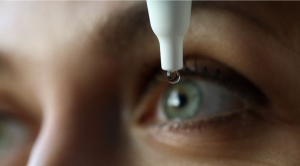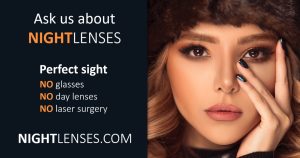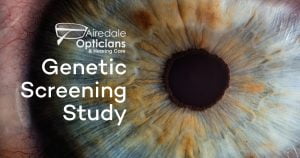Independent Prescribing Optometrist
What is an Independent Prescribing Optometrists?
Our Optometrist, Mohammed Hafejee is an Independent Prescribing Optometrist following the successful completion of the College of Optometrists Diploma in Independent Prescribing and Therapeutics.
This higher qualification allows Mo to quickly and appropriately manage many eye conditions that you may have previously needed to be dealt with by your GP or by an eye doctor in A&E. For Dry Eye Sufferers this means any prescription only medication or tablet can now be prescribed privately without the long hospital/GP referral wait times.

Examples of What We Can Treat:
As Independent Prescribing Optometrist we are able to prescribe any appropriate medication to help treat your eye condition and in particular for Dry Eye and Blepharitis.
This could be steroids for conditions such as Uveitis, or antibiotic oral medication for conditions such as meibomian gland dysfunction.
Below is a brief list of conditions we can prescribe for:
- Uveitis/ Iritis
- Antibiotics for Eye Infections/ After Eye Injuries
- Complications after Eye Surgery
- Antibiotics for Dry Eye
- Cyclosporin Drops for Dry Eye (Ikervis/Restatis)
- Steroid eye drops or oral medication
- Antiviral eye drops or oral medication
The medication we can prescribe
Oral Medications: In some cases, systemic anti-inflammatory medications, such as oral corticosteroids or other anti-inflammatory drugs, may be prescribed. These are usually considered when inflammation is severe and not adequately managed with topical treatments alone. Systemic medications can have broader effects on the body, so they are typically used with caution and under close supervision.
Steroid Eye Drops: Corticosteroid eye drops are potent anti-inflammatory agents that can quickly reduce inflammation and provide relief from dry eye symptoms. They are typically used for short-term treatment due to potential side effects with long-term use, such as increased intraocular pressure or cataract formation.
Non-Steroidal Anti-Inflammatory Drugs (NSAIDs): NSAID eye drops are another option for managing inflammation. They work by inhibiting the production of inflammatory chemicals in the eye. These drops are often used for less severe inflammation and can be an alternative to steroids for patients who need long-term treatment.

Gels and Ointments: For sustained relief and protection, anti-inflammatory ointments or gels can be applied to the eye. These formulations often have a thicker consistency than eye drops, providing a longer-lasting barrier that helps to soothe inflammation and protect the ocular surface.
Cyclosporine A: Cyclosporine A (commercially known as Restasis) is an immunosuppressive medication that specifically targets inflammation in the lacrimal glands (which produce tears). By reducing inflammation and promoting tear production, it helps to improve the overall quality of tears and alleviate dry eye symptoms.





